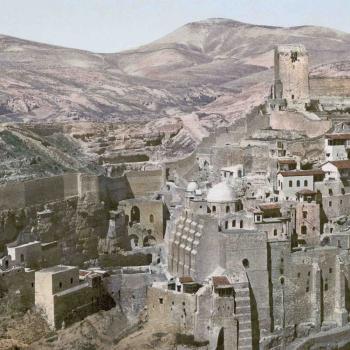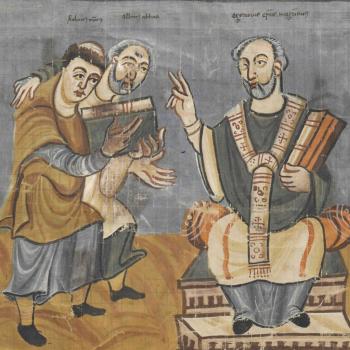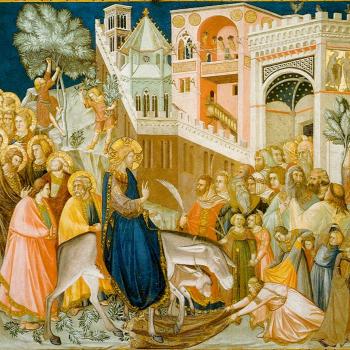I am not foolish enough to review a book before reading it, so please treat this as a pre-review. I am just beginning to read what looks like a really important book on Christian history, and I want to define the points I hope to get out of it. The book in question is R. I. Moore’s The War On Heresy: Faith and Power in Medieval Europe. Before going further, let me begin by explaining why this matters so much, especially for historians of Protestantism
Someday, a historian could write a really excellent history of what I might call Protestant myths of the Middle Ages. Protestants commonly believe that the church took a very wrong turn at the end of the Roman Empire, with the alliance with state power and the Council of Nicea, and for some thinkers at least, the authentic spirit of Christianity lay low until Luther’s time. That would however represent a remarkably long period of divine silence, leading many authors through the centuries to seek non-mainstream groups of believers who could be identified, more or less plausibly, as proto-Protestants. With some groups, like the Lollards, that identification is quite plausible: these were after all Bible-believing folk opposed to the church’s hierarchy and sacraments.
For some later writers, though, that quest for predecessors extended to the wilder fringes of belief. They even looked to those Manichaeans and other overt Dualists who held that matter was evil, that sex and reproduction were the works of the evil Creator of this material world, who was also the God of the Old Testament. Those heretics worshiped instead the good God of Light revealed in the New Testament. Yet for some historians, even these Manichaean believers could be reclaimed as Reformers anticipating Luther, In 1879, L. P. Brockett published his book entitled The Bogomils Of Bulgaria and Bosnia; or, the Early Protestants of the East: An Attempt to Restore Some Lost Leaves of Protestant History. Other Victorian authors turned to the Dualists of the West, the French Cathars or Albigensians wiped out in the thirteenth century. This was, claimed the Victorians, the medieval prehistory of the Reformation.
The standard view of medieval heresy holds that the Cathars were indeed Dualists, with all the bizarre package of beliefs attributed to them by church authorities. Recently though the very distinguished historian, R. I. Moore has presented a quite different view, suggesting that the western heretics were nothing like as bizarre as was claimed, that they were in effect pious church reformers appalled by church excesses and abuses. The more fiercely they opposed the church, the harder the church came down on them, and the more intensely church writers tried to libel them as in effect anti-Christian heretics. The War on Heresy represents the culmination of many years of research on these matters.
So as I read Moore’s book, I will be very interested to see how he presents his arguments. If he is right, and the Cathars were really maligned church reformers, then the Victorian Protestant mythology is vindicated, and our history of popular religion in Western Europe needs to be rewritten. Or will he understate the Dualist elements that (in my opinion at least) really did characterize at least some Cathars, and at least in some stages of their development?
So what will I make of his argument fully presented in The War on Heresy? Watch this space.
















